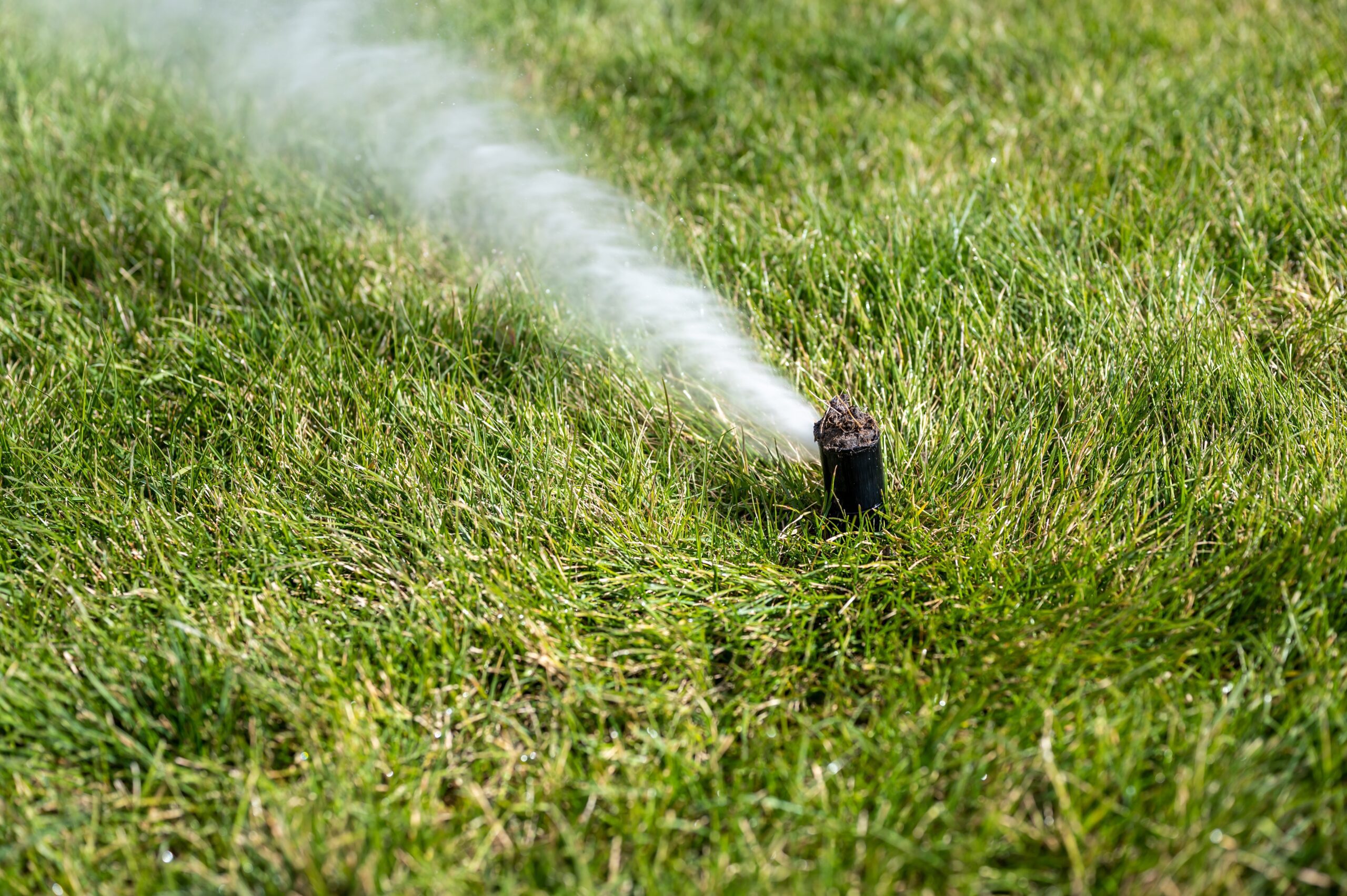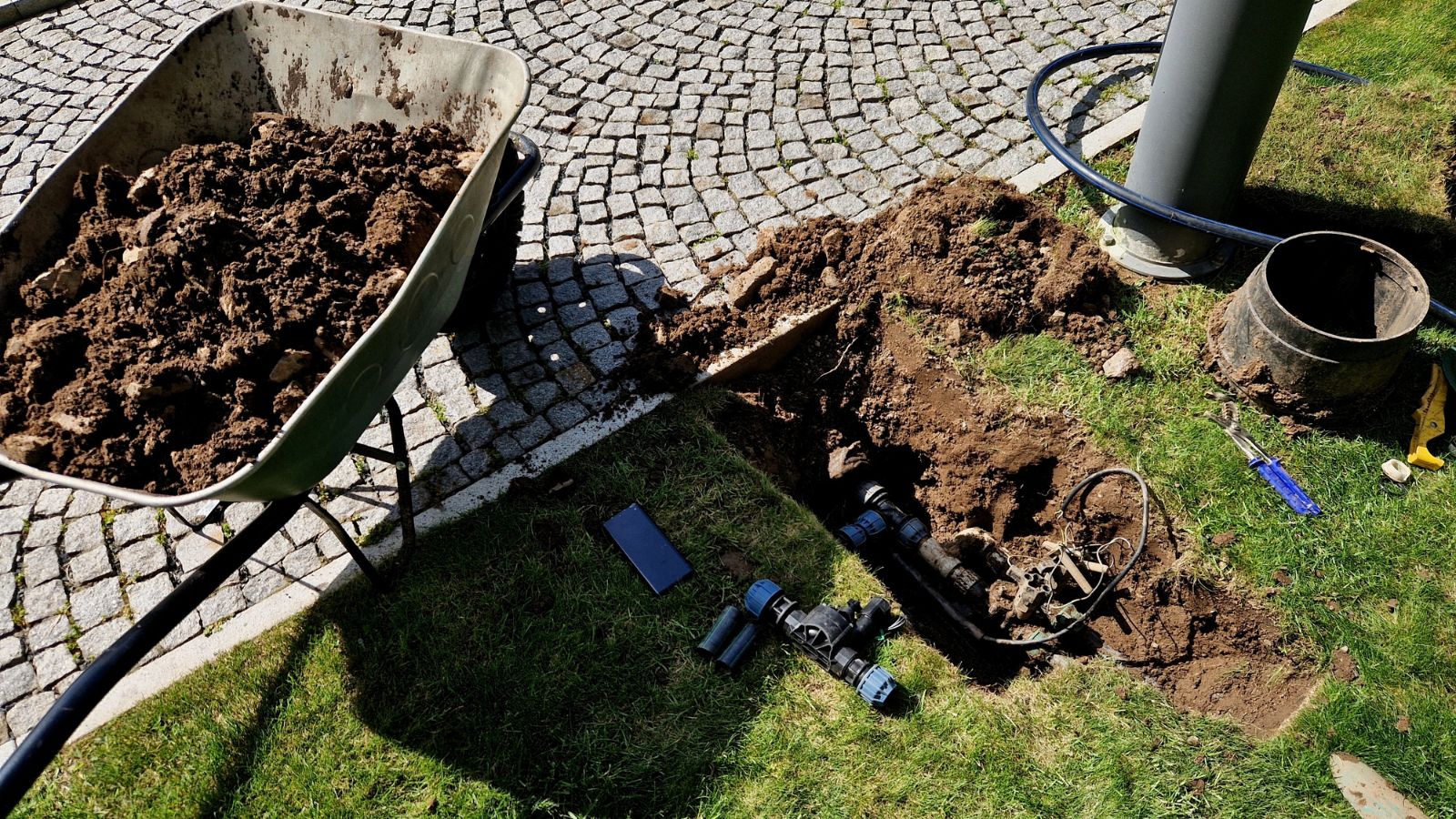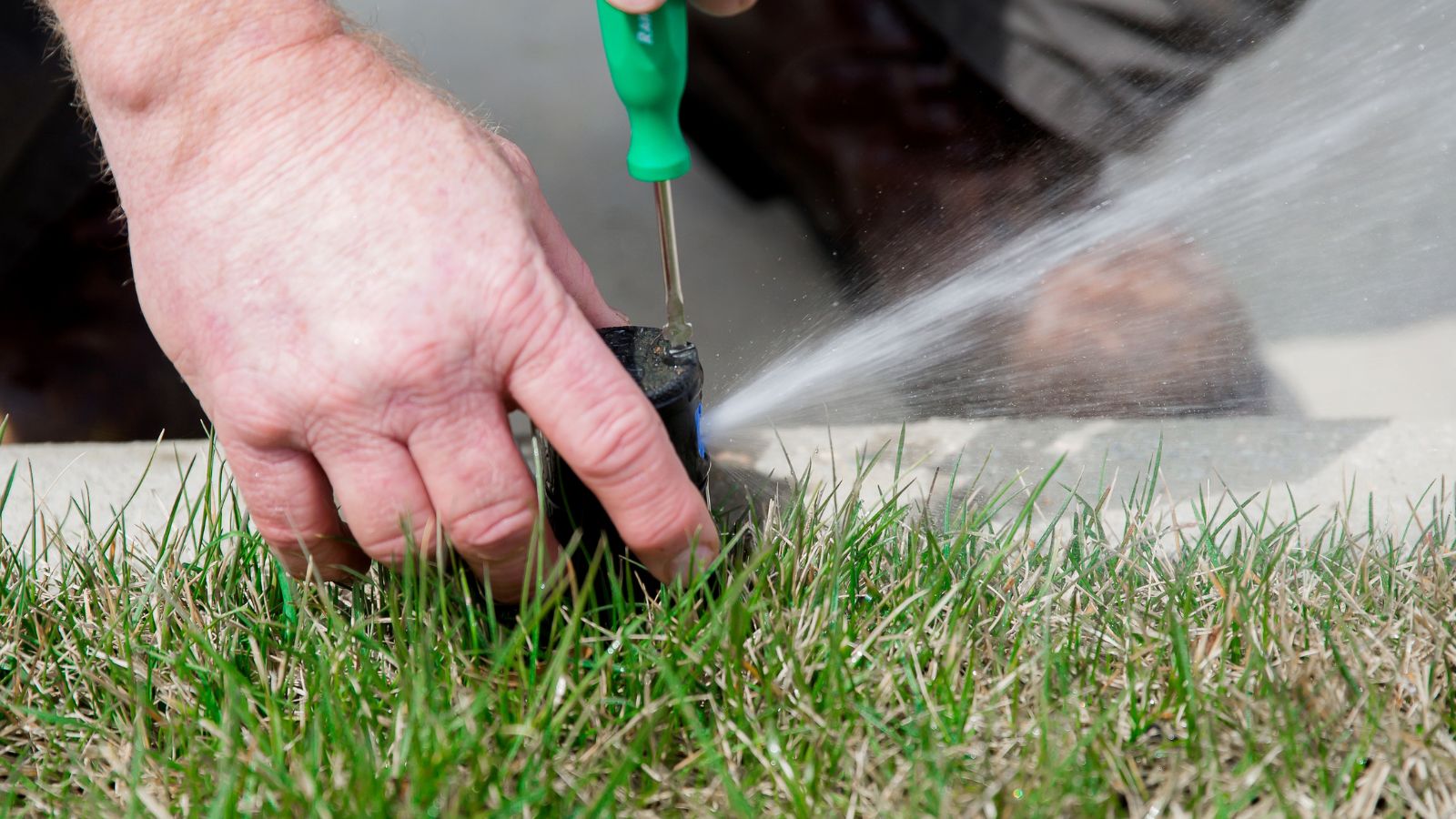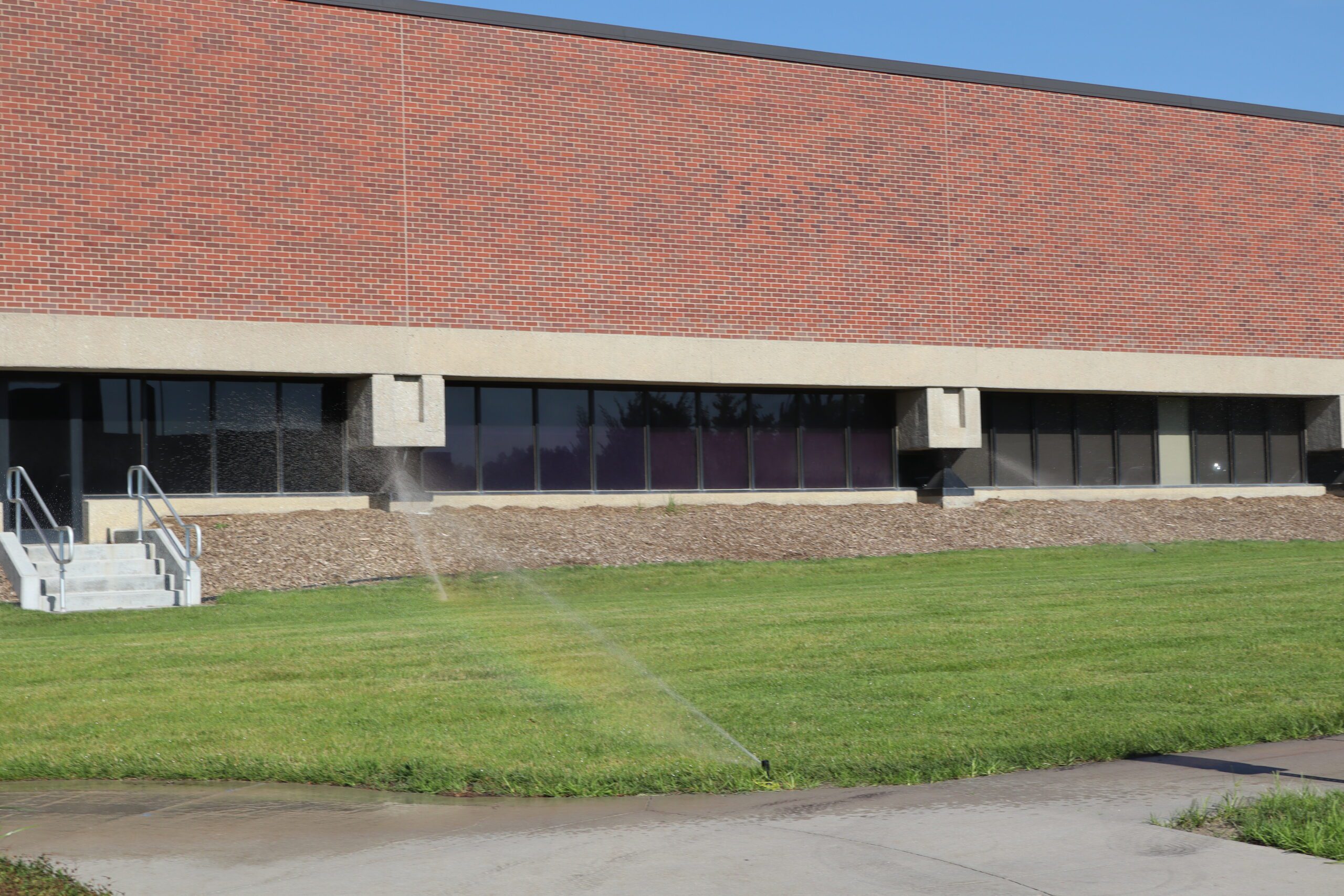Winter can be rough on irrigation systems and gardeners. When the temperature drops, it’s not just your plants at risk, your sprinkler system could be in for a rough ride too. Colder temperatures can often lead to malfunctions and the need for sudden repairs.
Learn how to prepare your irrigation system for the season to avoid spending hundreds of dollars fixing it. Here’s what you should know about common winter irrigation system repairs and how to avoid costly fixes after freezing temperatures. Discover what happens to your irrigation system under the surface when temperatures drop below zero.
Common Winter Irrigation System Repairs: How to Avoid Costly Fixes After Freezing Temps
Pay Attention to Statistics (and the Temperature Gauge)
Modern irrigation systems in Omaha have some smart features these days. They provide essential statistics (and allow scheduling). Start by paying attention to changes in the statistics and temperature gauge as the season shifts. The beginning of the season has no universal start date, so you will notice it here first. Adjust your irrigation system when any pre-winter changes become apparent, including temperature drops. If you wait too long to winterize your sprinkler system, you might end up with some serious damage and expensive repairs. Nobody wants that surprise in January.
Assess for Rust or Potential Damage
Cold weather worsens existing wear and tear. Rust, corrosion, and weakened valves are common issues, especially in older systems. Inspect your irrigation pipes, fittings, and sprinkler heads before freezing temperatures set in. Addressing small issues early prevents larger problems, ensuring your lawn water system preparation is complete before the freeze.
Common Signs of Sprinkler System Rust
- Discolored water coming from sprinkler heads
- Flaking or brittle metal parts on valves and pipes
- Reduced water pressure in certain zones
- Visible corrosion on fittings or connectors
Spotting these early signs allows you to act quickly and avoid larger breakdowns once Omaha’s temperatures drop.
Preventative Maintenance Before Winter
Preventing rust and damage is easier than fixing it later. Apply protective coatings to exposed metal parts, replace worn valves, and test your sprinkler heads for proper function before shutting the system down. Seasonal inspections by a local sprinkler company in Omaha ensure your irrigation system stays strong against rust and cold-weather damage.
Replace Worn and Faulty Drain Valves
Pipes don’t have an infinite lifespan, and any irrigation system requires maintenance or occasional (usually sectional) replacement. Should you notice leaks or faulty valves, replace them immediately. Doing this saves potentially wasted water and future repairs. Minor problems now might turn into more significant issues later. Waiting to do necessary maintenance or repair on your irrigation system could mean these issues will cost double (or more) later.
Seal Off (All and Any) Potential Leaks
Potential leaks in your sprinkler system can blossom or balloon into more significant leaks. They might compromise the integrity of an entire irrigation section. When more water pressure is pumped through a small leak, it could become a much larger one. Leaks let rust and other contaminants directly into your irrigation water supply. Seal off any potential leaks when you’ve noticed them. Regularly check the whole system from its starting point to the end. When temperatures freeze, leaks can also turn into frozen spikes, causing expensive damage to fix later.
Empty Your Irrigation System To Avoid Common Winter Irrigation System Repairs
During the winter, any trapped or frozen water is potentially damaging. Emptying all remaining water before temperatures drop is essential to winterize your system. Backflow preventers can also be damaged by freezing. They need to be drained entirely before winter.
Any water left in the pipes can freeze and cause pipes to crack or burst. A broken pipe will not allow your system to work properly after winter, preventing water from being distributed evenly. You will have:
- Flooded areas on your lawn
- Wasted water
- Higher water bill
- Low water pressure
This simple step can save hundreds of dollars in irrigation system damage. Problems affecting your system during winter could have simply been fixed by ensuring there’s no residual water. After you shut off the water, you can use an air compressor to push water out through the sprinkler heads. Repeat this in each zone. A professional sprinkler company can assist with the task. When it’s time to turn your irrigation system back on again after the seasons have changed, first run water through the entire system. Check for any potential wear that might have happened during its downtime. A little pre-winter preparation for your irrigation system can save a lot of time and money. It also ensures your system runs properly next season.
Don’t Hesitate: Address Common Winter Irrigation System Repairs
By addressing and repairing common irrigation system issues immediately, you can avoid costly issues later. Basic repairs such as broken sprinkler heads and minor leaks become more significant later on.
Pioneer Underground Lawn Sprinklers | Sprinkler System Repairs and Maintenance Omaha, NE
Protect your irrigation system from freezing temperatures with professional sprinkler winterization in Omaha. Pioneer Underground Lawn Sprinklers delivers dependable service for both residential and commercial properties, including sprinkler blowouts, seasonal maintenance, and irrigation repairs.
Our local experts understand the challenges of Omaha’s winters and provide the care your system needs to avoid costly spring repairs. Don’t wait until freezing weather causes damage, contact Pioneer Underground Lawn Sprinklers today to schedule your sprinkler winterization service in Omaha Your Healthy Lawn is Our Passion and we are only a phone call away.






